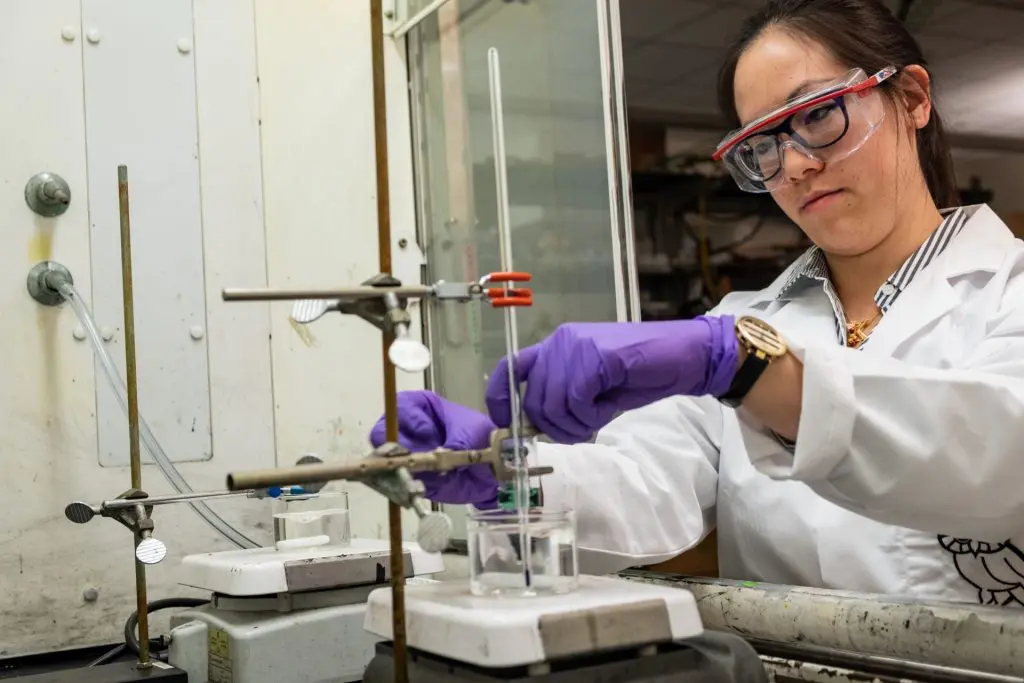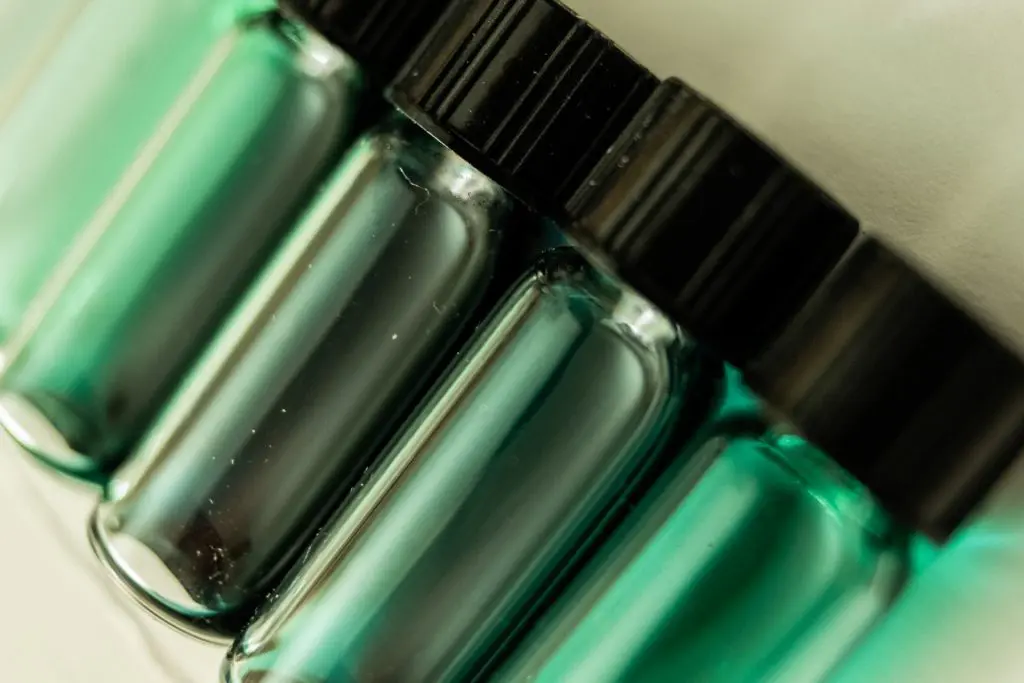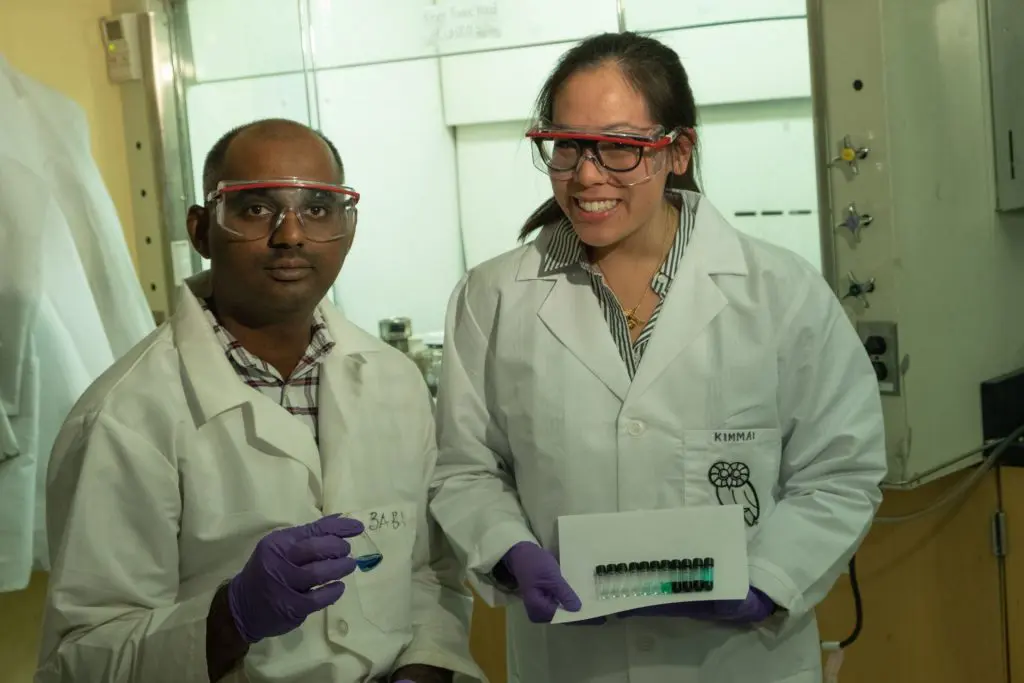Scientists at a US university are experimenting with solvents to find a more sustainable way of recovering valuable metals from discarded batteries.
‘Deep eutectic solvents’ can be used to extract metals such as cobalt from the metal oxides commonly used as cathodes in lithium-ion batteries, reports professor Pulickel Ajayan of Rice University’s engineering and of chemistry department in Houston, Texas.
The solvent is made from choline chloride, a water-soluble salt used mainly in animal feed, and ethylene glycol, typically found in anti-freeze. It recovers more than 90% of cobalt from powdered compounds and a smaller, ‘but still significant’, amount from used batteries.
A ‘green’ solvent
A deep eutectic solvent is a mixture of two or more compounds that freezes at temperatures much lower than either of its elements. Graduate student Kimmai Tran says: ‘As a result, you can literally obtain a liquid from a simple combination of solids. The nice thing about this solvent is that it can dissolve a wide variety of metal oxides.’

Tran sees it as a ‘green solvent’. She says: ‘It’s made from a chicken feed additive and a common plastic precursor that, when mixed together at room temperature, form a clear, relatively non-toxic solution that has effective solvating properties.’
During tests with lithium cobalt oxide powder, the clear solvent yielded a wide spectrum of blue-green colours that indicated the presence of cobalt dissolved within it. The brighter the colour, the more cobalt has been captured, according to Tran. ‘Metals recovery has been attempted before with acids,’ she remarks. ‘Although they’re effective, they’re corrosive and not eco-friendly. As a whole, recycling lithium-ion batteries is typically expensive and a risk to workers.’

Future-proofing potential
Professor Ajayan says rechargeable battery waste will become ‘an increasingly menacing environmental challenge’ in the future due to strong demand for electric vehicles and consumer gadgets.
‘It is important to recover strategic metals like cobalt that are limited in supply and are critical for the performance of these energy-storage devices,’ he says. ‘Something to learn from our present situation with plastics is that it is the right time to have a comprehensive strategy for recycling the growing volume of battery waste.’
Tran adds: ‘We truly believe in the potential for greener ways to do dirty chemistry.’
Don't hesitate to contact us to share your input and ideas. Subscribe to the magazine or (free) newsletter.



